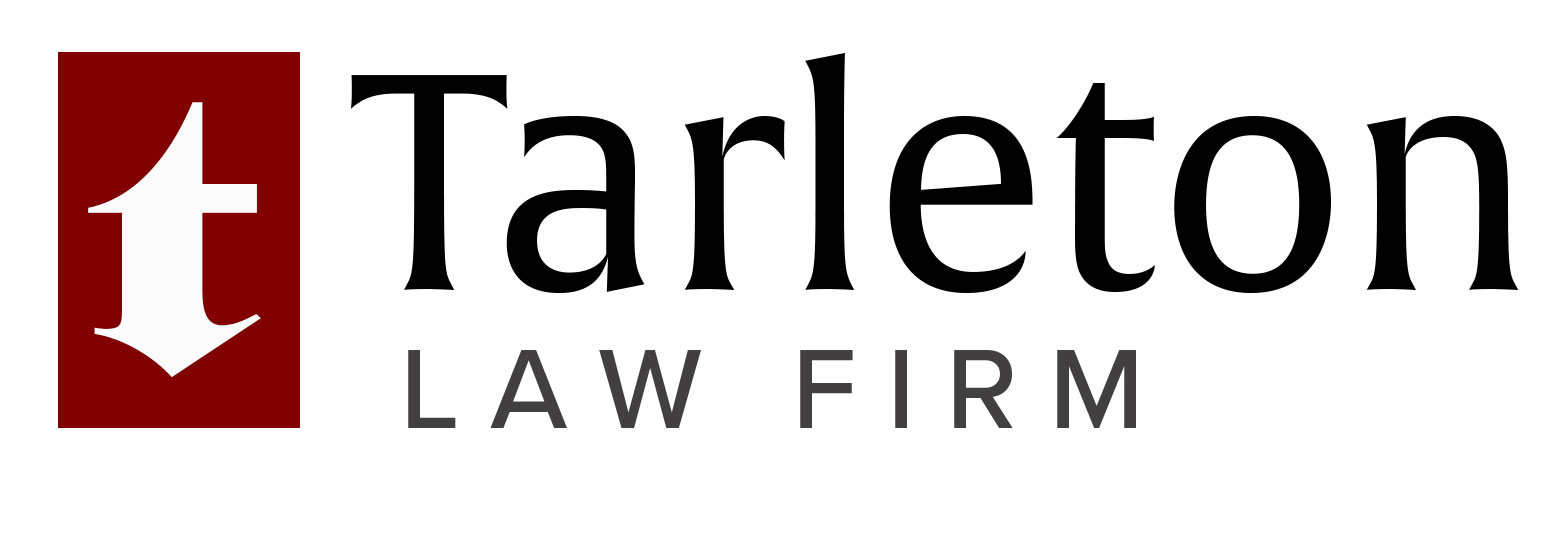Why own a home in a Revocable Living Trust? If you own real estate in your personal name at death, some form of probate in the state where the property is located will be required to transfer the property to your heirs or beneficiaries. In order to avoid or minimize probate (especially for individuals who own real estate or mineral interests in multiple states), clients sometimes include a Revocable Living Trust in their estate planning since assets in the trust pass outside of probate. If your estate plan includes a Revocable Living Trust (“RLT”), it is important to understand not only the terms of your trust but also the laws that govern the transfer of your real estate to the trust. Signing …
Estate planning is often thought of as the process of planning for the transfer of assets to beneficiaries at death; however, a comprehensive estate plan takes into account your wishes for your care when facing cognitive impairment, ranging from normal age-related decline to complete incapacity. The reality is that we all face an increasing chance of cognitive impairment as part of the normal aging process, but even young individuals could experience cognitive impairment or incapacity as a result of a medical emergency. There are several key documents, discussed below, that should be in place for any adult to cover such circumstances. What are the risks of failing to plan for incapacity? Without the appropriate documents in place, it would be necessary for your family …
